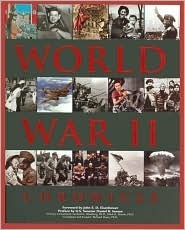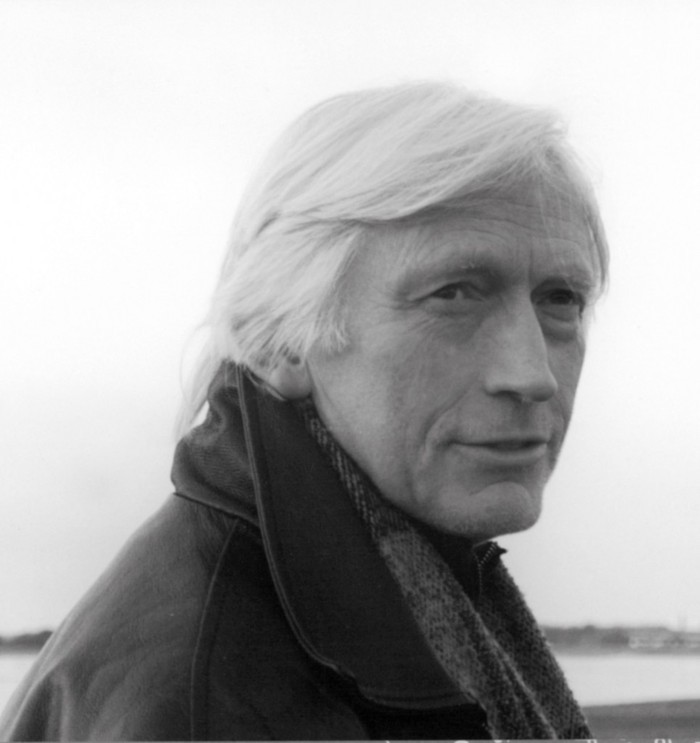
The World War II Chronicle provides a full sweep of the conflict that affected millions of soldiers and civilians around the world. The book is arranged chronologically, with primary emphasis on the years 1939 through 1945. From the war s germination in the aftermath of World War I to the apocalyptic destruction of Japanese cities Hiroshima and Nagasaki by atomic bombs, the chronicle s 512 pages of vivid images and lively, authoritative text document this watershed historical event. The World War II Chronicle Analytical essays by renowned World War II historian Richard Overy, covering the Normandy invasion on D-Day, the fall of Berlin, the Japanese surrender, and the efforts to reshape the postwar world. A timeline recounting the conflict s most important events, from German dictator Adolf Hitler's invasion of Poland to the Soviet Union s refusal to yield to German advances to the bombing of Pearl Harbor by the Japanese. More than 1,000 images and stories of keys players such as Franklin D. Roosevelt, Benito Mussolini, and Winston Churchill, and key events like the Blitz strategic bombing campaign on London and the systematic massacre of European Jews in the Holocaust. A foreword by John S. D. Eisenhower, son of Dwight D. Eisenhower and acclaimed military historian. A preface by U.S. Senator Daniel K. Inouye, the first American of Japanese ancestry to serve in Congress, and a resident of Hawaii during the Pearl Harbor attacks. The World War II Chronicle is part of Legacy Publishing s historical series.
Author

Richard James Overy is a British historian who has published extensively on the history of World War II and the Third Reich. Educated at Caius College, Cambridge and awarded a research fellowship at Churchill College, Professor Overy taught history at Cambridge from 1972 to 1979, as a fellow of Queens' College and from 1976 as a university assistant lecturer. In 1980 he moved to King's College London, where he became professor of modern history in 1994. He was appointed to a professorship at the University of Exeter in 2004. His work on World War II has been praised as "highly effective in the ruthless dispelling of myths" (A. J. P. Taylor), "original and important" (New York Review of Books) and "at the cutting edge" (Times Literary Supplement.)[